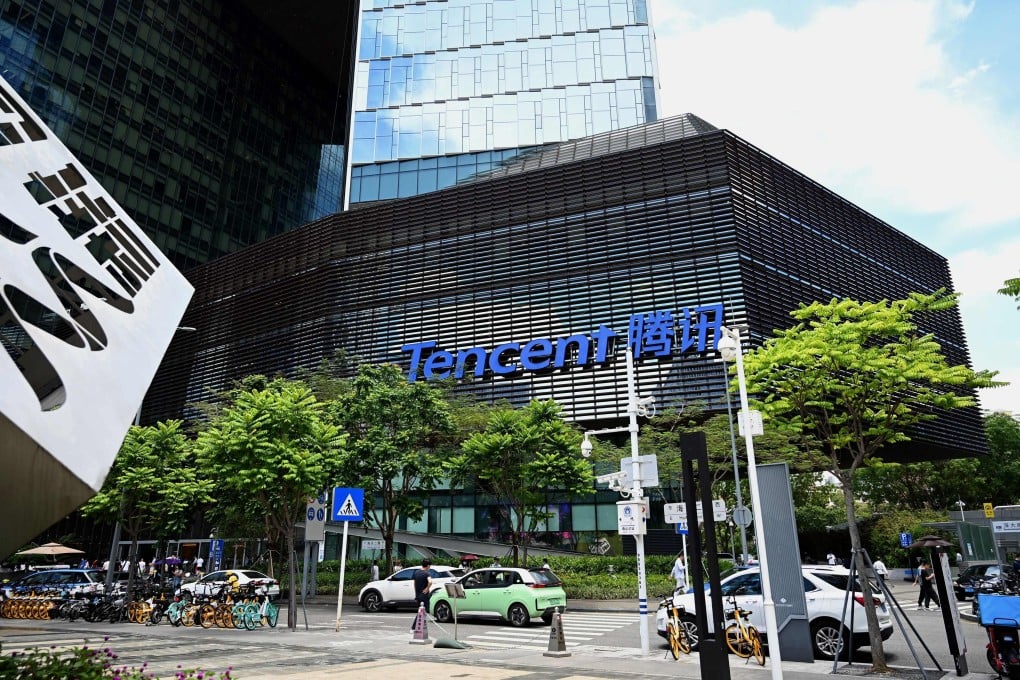Death of young ‘genius’ Tencent programmer shocks China’s gaming industry
- Mao Xingyun, a video game programmer and avid writer who enjoyed a following on the Chinese internet, died at age 30
- Mao represented a new generation of tech talent in China who aspire to make the country a global front runner in their respective fields

The sudden death of a young programmer at Chinese internet giant Tencent Holdings, regarded as a “genius” and one of the country’s best hopes in making world-class video games, has sent shock waves across the industry.
Shenzhen-based Tencent confirmed on Wednesday the passing of 30-year-old Mao Xingyun, a lead engine programmer at Tencent Games, after news of his death spread across the internet.
“It is with deepest sorrow that we confirm that Mao Xingyun, a member of TiMi F1 Studio, died unexpectedly on the morning of December 11, 2021,” Tencent said in a statement, without specifying the cause of Mao’s death. “Xingyun had been an integral part of the team with his strong expertise and dedication to work. He will be immensely missed.”

An internal letter addressed to Mao’s colleagues said the programmer was hospitalised in August and September for unspecified health issues, according to Yinshi Finance, an online media outlet backed by the state-run Zhejiang Daily. He was said to have returned to work after his condition stabilised.
“Xingyun showed outstanding professional skills and performance during his time with the team for more than five years, and had always had high expectations for himself,” Winco Qin, general manager of TiMi F1 Studio reportedly wrote. Tencent declined to comment on the letter.
Mao was one of the most well-known young talents in China’s gaming industry, representing a new generation of tech experts aspiring to turn the country into a video gaming powerhouse. His death became a trending topic on China’s social media, topping the hot search list on microblogging platform Weibo at one point on Wednesday.
Mao’s earlier essays and posts outlining his ambitions were widely shared by internet users.
One of Mao’s most popular posts was a short essay he wrote in 2013 when he was studying in Ukraine. “I have a dream that one day we will play a sandbox game made in Shanghai rather than living the American dream in Grand Theft Auto,” he wrote, referring to the blockbuster game franchise that let players drive around locales modelled after US cities.